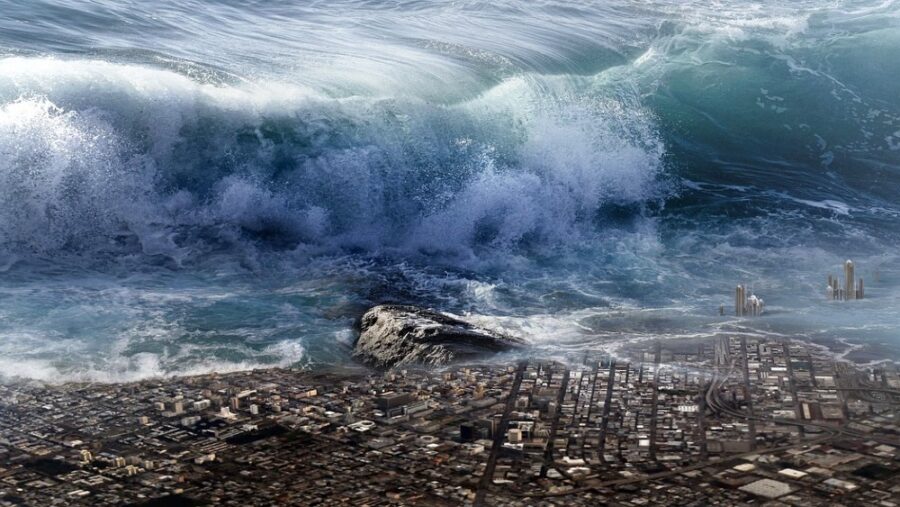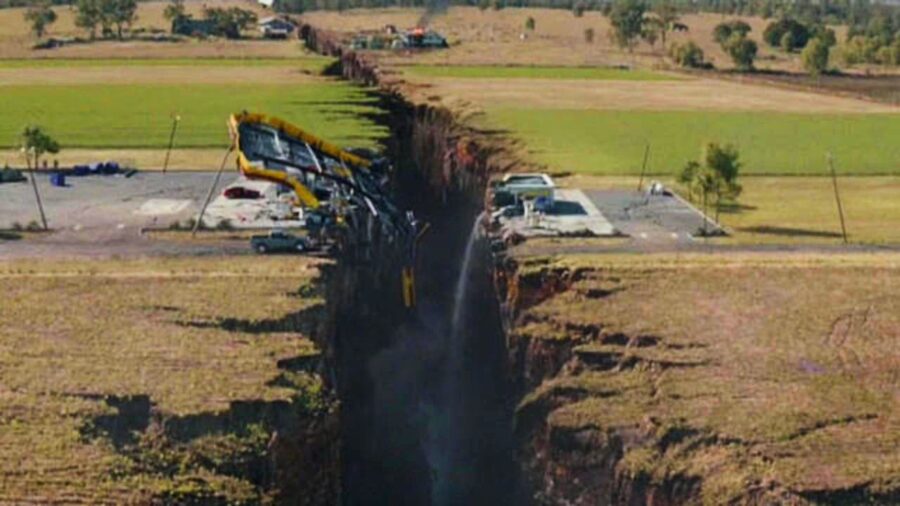Japan Hit By Major Earthquake, Tsunami Warnings In Russia And Other Countries

Japan is starting off the New Year in the worst way possible. The land of the rising sun was rocked by a massive earthquake earlier today, resulting in tsunami warnings and widespread power outages. Japan’s coastal residents have been urged to evacuate their homes and seek shelter elsewhere.
The 7.6 earthquake hit Japan’s Noto peninsula shortly after 4 pm Japan Standard Time (2 am ET) on January 1, 2024. A tsunami warning was issued for Ishikawa by the Japan Meteorological Agency following the initial earthquake. Similar Tsunami warnings were also issued in Russia and North Korea.
The earthquake managed to knock out the electricity in over 30,000 homes across Japan, according to a spokesman for the Japanese government, Yoshimasa Hayashi. The Wajima Fire Department announced that there have been several reports of people trapped—or worse—injured by debris from the earthquake.
Seismic activity has been simmering in the area for over three years, and more earthquakes just as strong—or stronger—than this one could occur over the coming days.
Unfortunatley, most of the department’s firefighters were occupied fighting a major fire in Wajima City—the largest in Japan’s Okunoto region—and vowed to help the other victims as soon as possible.

Meanwhile, Japan’s Prime Minister Fumio Kishida released a statement in which he promised to “act under the principle of prioritizing human life above all else.” Kishida went on to say that Japan would spare no expense when it came to the country’s disaster response, including “saving lives” and “rescuing disaster victims.”
The Prime Minister assured all of Japan that every branch and department of the Japanese government would be working as one unit when it comes to the earthquake.
If there is any silver lining to be found in this Godzilla-sized tragedy, it’s that, according to Japan’s Nuclear Regulation Authority, there was no impact on the various nuclear power plants located along the Sea of Japan. Many readers will remember the 8.9-magnitude earthquake that hit Japan almost 13 years ago, resulting in a triple meltdown at the Fukushima nuclear plant as well as nearly 20,000 deaths.
Thankfully, no such disaster occurred with this most recent earthquake.
The earthquake managed to knock out the electricity in over 30,000 homes across Japan
Aftershocks have been reported, and Japan’s weather agency has warned that the baby earthquakes could continue to plague the country over the next three days to a week. Unfortunately, the Japanese Meteorological Agency warns that this earthquake won’t be the last. Seismic activity has been simmering in the area for over three years, and more earthquakes just as strong—or stronger—than this one could occur over the coming days.
In the city of Suzu, local media captured footage of a building collapsing in a cloud of dust and debris as a huge crack opened up beneath it. The building was just one of many to fall before the earthshaking juggernaut, which, overall, caused at least 30 buildings in Wajima to implode upon themselves. The earthquake’s effects were felt all the way in Japan’s capital, Tokyo, over 310 miles from Wajima.
So far, there have been no reported casualties from the earthquake, but with Japan still reeling from the disaster, that number may change.
Our thoughts are with the people of Japan during this tragedy and we wish everyone affected by the earthquake a speedy recovery.
Source: Axios












